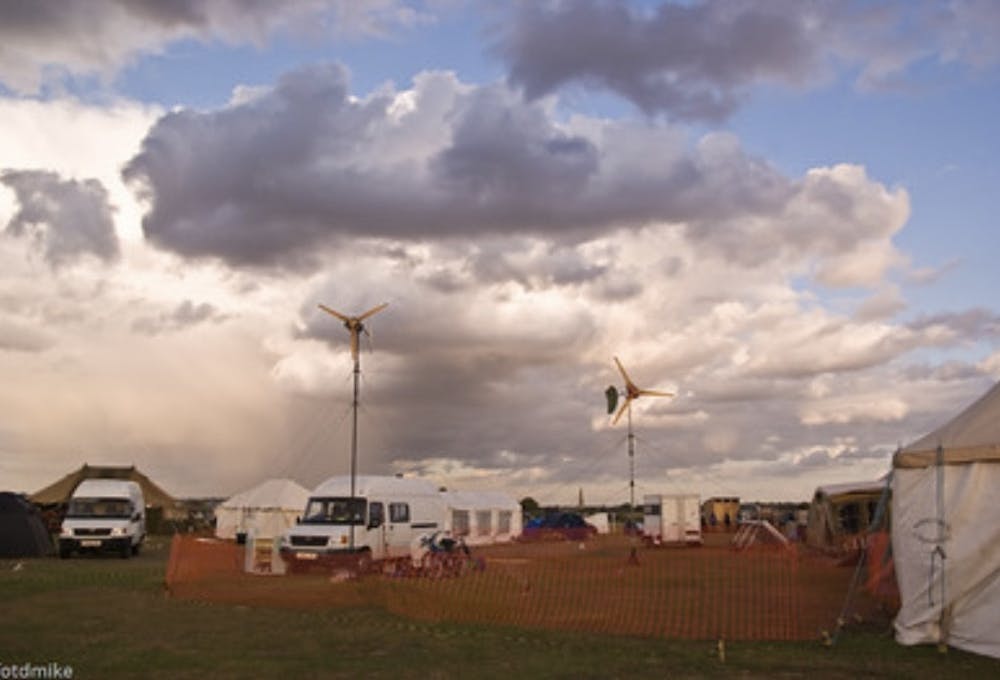By Myara Gomez
Staff Writer
The best part of winter is getting to spend time with loved ones in the snow. Getting to make a snowman, or to sled down a big hill, creates perfect memories. Unfortunately, mother nature had other things in mind and Ewing received barely any snow, except for a few flurries, this winter.
The lack of snow raises a concern for many because this means our environment is at risk.
“The fact that we haven’t had any snow is a major indication that temperatures are rising as a result of climate change,” said Celine Rafferty, a senior special education and English major, as well as the environmental club president.
In recent years, the amount of snow that New Jersey receives has been declining each year. According to NJ.com, in 2020, it snowed a lot less than other years and this was labeled as a “snow drought.” Only three years ago, the average inches of snow was 1.3, which was significantly lower than the usual average of 7.2 inches of snow. Now, our average is below an inch.
According to another article from NJ.com, many areas such as Atlantic City and New Brunswick have only received “a tenth of an inch of snow.” This is concerning because this could affect plant and animal species.
“In biology, there’s this concept called phenology, which is the study of events that happen due to seasonal changes in climate and habitats,” Rafferty said. “Warming temperatures have made areas for plant and animal species no longer hospitable, and so they are following their desired climate and temperature. This means birds, deer and other animals that live in New Jersey will be forced to move elsewhere.
Rafferty added, “In most cases, this means moving northland into areas they aren’t meant to be in. This is bad because it leaves the areas they’re leaving barren and out of balance and it overcrowds the areas they’re moving into making it harder for the original species to thrive there.”
Plant growth is being targeted because of the drastic changes in temperature.
“These warmer temperatures are effectively eliminating the season of winter, a key dormant period for plant growth,” Rafferty said.
There are mixed feelings whether or not climate change is reversible because of how much of a negative impact society has put on it already.
“I definitely think the environment is getting worse,” said freshman early childhood education and psychology major Jillian Perez. “The intense changes in weather negatively affect plants and vegetation. I’m not exactly sure why it’s getting worse other than fossil fuels. I’m a pessimist when it comes to society working together, so I don’t think we can reverse this.”
If it has barely snowed this year, what is going to happen next winter in New Jersey? Wildlife and plants will be in serious trouble if society doesn’t take their part and start reducing their carbon footprint. There are small changes that one could make in their daily life to help fight climate change and get back to those wonderful snow days. Some effective things a person can do to reduce their carbon footprint are recycling, staying away from fast fashion, taking public transportation and carpooling.
Recycling combats climate change by getting waste out of our landfills; this waste specifically releases greenhouse gasses, which adds to climate change. Avoiding fast fashion is good because a person is no longer supporting these large corporations that own factories and release copious amounts of pollution.
“One of the biggest things I have done to personally reduce my carbon footprint is to stop making impulsive purchases with things like fashion, fast food, gadgets, etc.,” said sophomore political science major Kara Gilliam. “I think that things like fast fashion and always having the ‘latest and greatest’ have been a problem for some time now and we’re beginning to see the environmental effects of that.”







